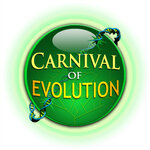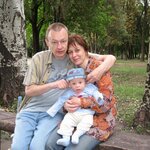
The concept of altruism, a selfless concern for the welfare of others, a traditional virtue in many cultures and a core aspect of various religious traditions, has long been debated in philosophical circles. More recently, evolutionary biologists have joined the debate, saying that altruism may have evolved because any action that improves the likelihood of a relative's survival and reproduction increases the chance of an individual's DNA being passed on.
Social behavior, kin recognition, and altruism are well known in the animal kingdom and plants have the ability to sense and…



